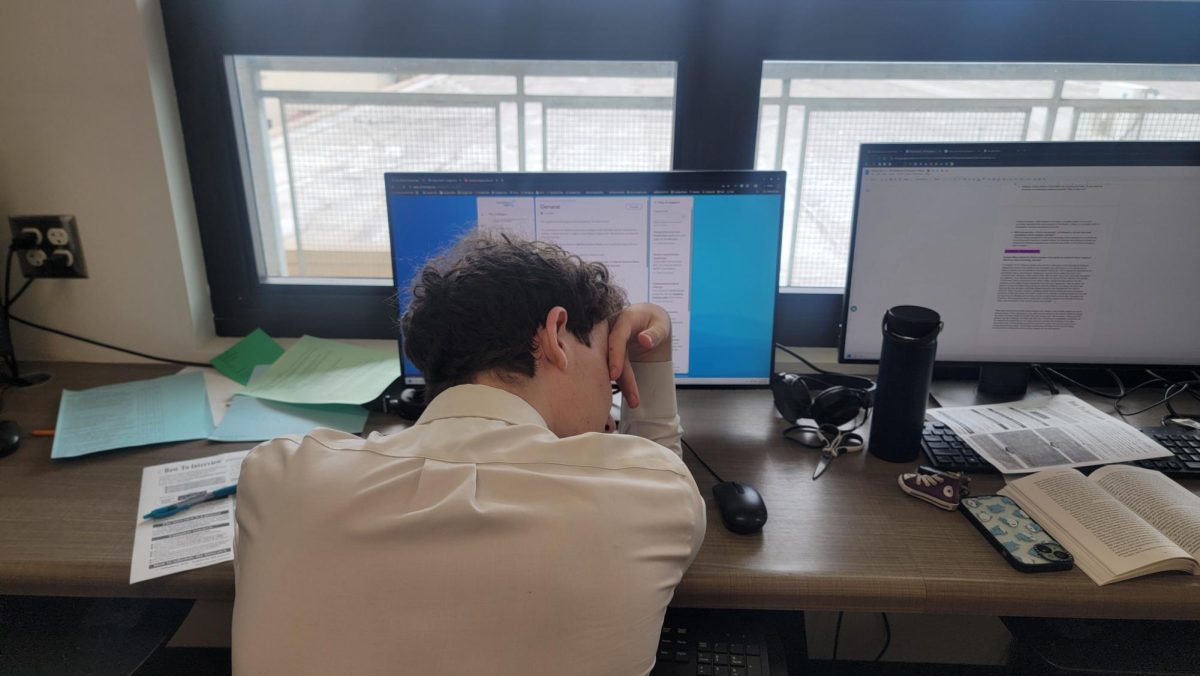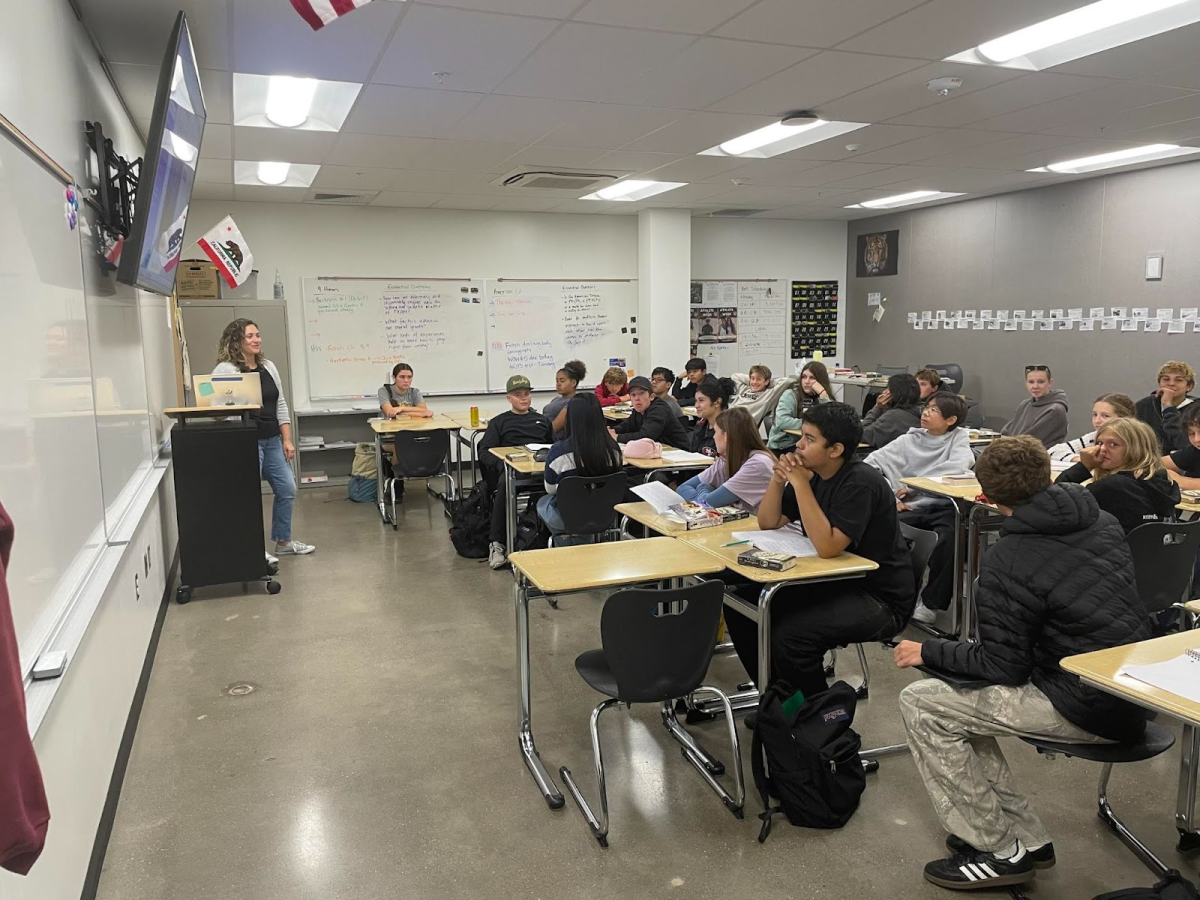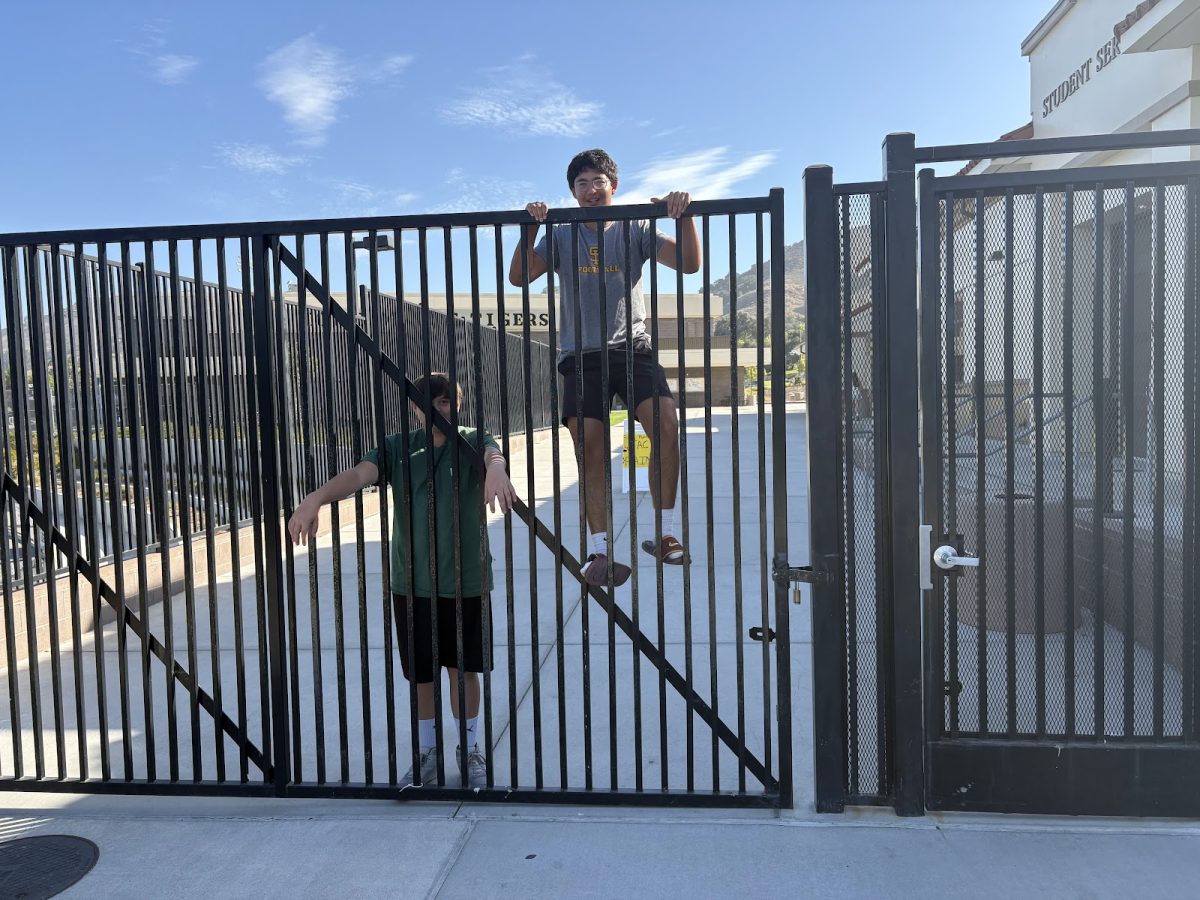As I head into my college experience this August, I try to remind myself of all the lovely lessons that I learned during my time at San Luis Obispo High School. I learned not to procrastinate, to be respectful in the classroom, and how to solve problems. One thing that my high school experience lacked, however, was a motivation for me to improve my tardiness.
“Tardies are an insufficient way of monitoring class attendance,” said junior Rylee Leeseman.
Overall in my four years, I got hundreds of tardies. The number of tardies I received in my first periods alone would add up to dozens. Did my tardiness ever improve, though? Absolutely not. Why? Because the tardy policy is useless and it should not be applied to first period until five or ten minutes after the bell.
Fifteen-hundred students are expected to arrive at an institution at 8:00 a.m. without being one minute late, every single day. Countless studies have shown that the teenage brain does not perform well in the morning and forcing teens to wake up earlier than 8:30 a.m. is detrimental to their physical and mental health. The fact that we wake up early enough to get to school on time within a couple of minutes of the first bell should NOT be punished, it should be celebrated. However, English teacher and newspaper advisor Scott Nairne disagrees.
“I think seven tardies is way too many. Students should get lunch detention after one or two tardies,” said Nairne.
I would agree with this point if the rule was only applied to our last four periods. There is a thought process that goes through every student’s mind in the morning- should I sleep in today or should I go to school? A student who consistently walks into first period late should not be punished for making the choice to show up, as long as they are not more than ten minutes late. Overall, they should just make school start later if they want to improve tardiness.
































